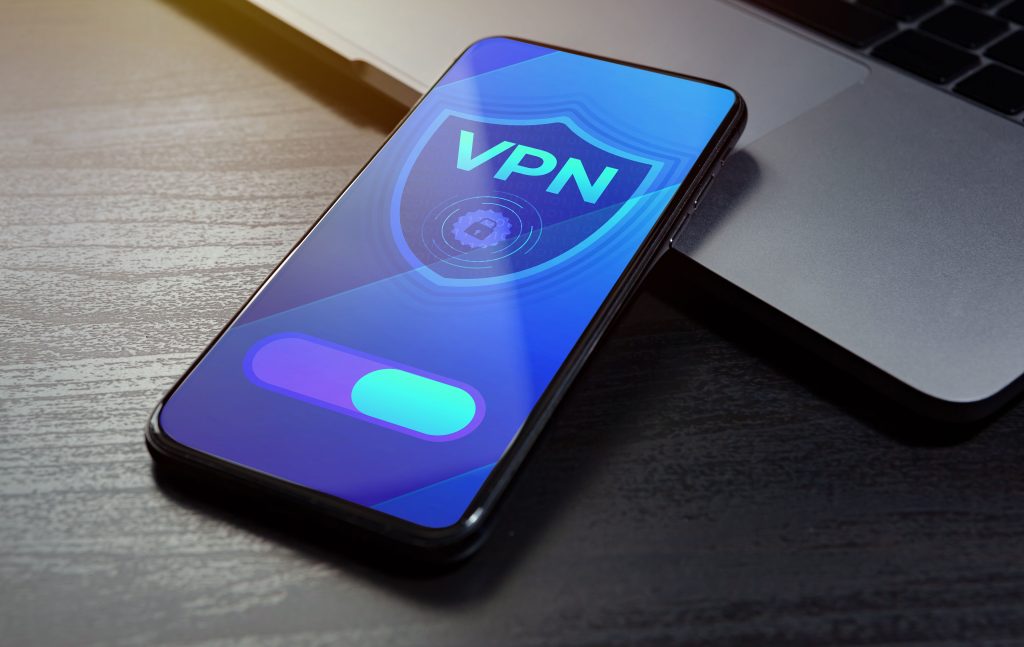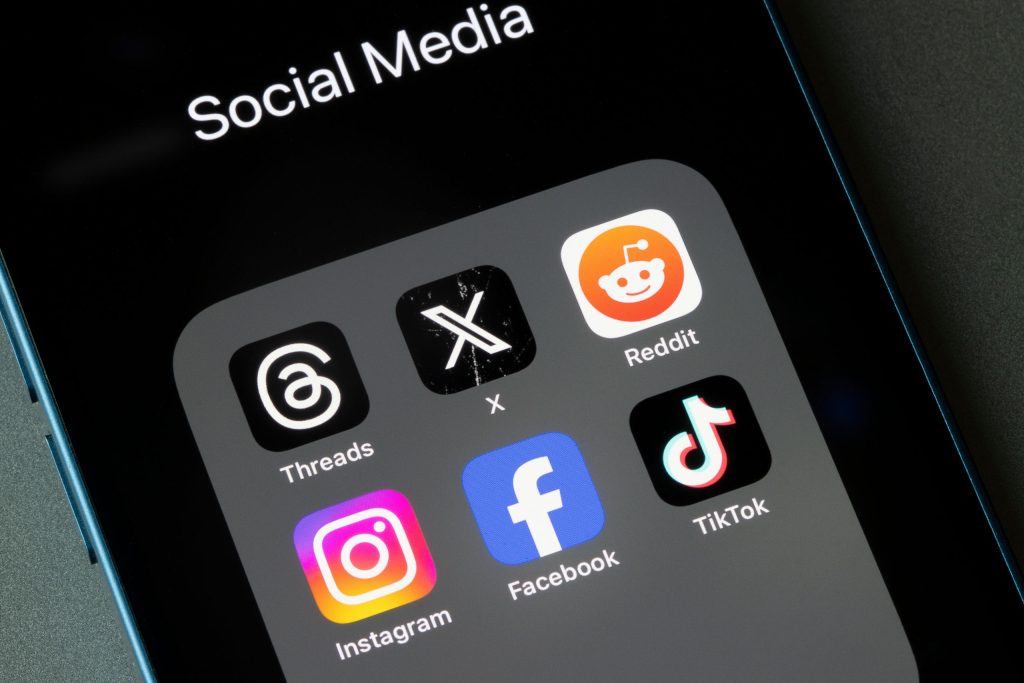Anyone who considers Disney+ a “kids-only” streaming service needs to have another look, as it has grown well beyond that. With Marvel, Star Wars, Pixar, National Geographic, and a massive film vault under its belt, it’s a serious contender for adults as well.
But if you’ve ever compared notes with friends across the border, you’ve probably noticed an interesting detail: Disney+ in the United States and Disney+ in Canada don’t quite look the same.
So which version offers the better content library? Let’s break down how Disney+ US and Disney+ Canada stack up against each other.
Comparing the Content Libraries: US vs. Canada
At their core, both Disney+ US and Canada share the same foundation. They both have Disney classics like The Lion King and Aladdin; Pixar favorites such as Toy Story, and Finding Nemo; Marvel heavy-hitters like Avengers: Endgame; and Star Wars staples like The Mandalorian.
The real differences start to appear once you move beyond the core Disney brands. The way each country handles “general entertainment” content is what truly separates the two libraries.

US-Exclusive Strengths
Disney’s business partnerships are different on either side of the border, and that alone really affects the selection of content.
The biggest advantage Disney+ has in the United States is its integration with Hulu. In the US, many subscribers can access Hulu content directly inside the Disney+ app, dramatically expanding the library.
This means US viewers often get access to more adult-oriented and prestige TV content, such as:
- The Bear – the critically acclaimed kitchen drama that’s become a cultural phenomenon
- Only Murders in the Building – starring Steve Martin, Martin Short, and Selena Gomez
- The Handmaid’s Tale – Hulu’s flagship dystopian series
- Atlanta – Donald Glover’s genre-bending comedy-drama
On the movie side, US users benefit from Hulu’s deeper catalog of non-Disney films, including:
- Prey (the Predator prequel)
- No Country for Old Men
- Parasite
- A rotating selection of Fox and Searchlight titles
For viewers who want Disney+ to function as a one-stop streaming hub for both family-friendly and content for mom and dad, the US version has a clear edge.
Canada-Exclusive Strengths
Canada doesn’t have Hulu, but instead gets the Star hub built directly into Disney+. While Star overlaps with some Hulu content, it also has its own strengths and a more straightforward setup. No separate service is required.
Canadian subscribers often enjoy strong access to:
- FX series like The Americans, Sons of Anarchy, and Justified
- Popular crime and drama shows such as 24, Prison Break, and The Shield
- Comedy staples like Modern Family and How I Met Your Mother
In terms of movies, Star boosts the Canadian catalog with a wide range of Fox and Touchstone titles, including:
- Die Hard
- Speed
- Gone Girl
- The Grand Budapest Hotel
One advantage Canadian customers enjoy is simplicity: there’s no bundle so you don’t need to manage Hulu separately. Everything Disney, including Marvel, Star Wars, and shows for the parents, lives under one subscription.

Why Disney+ Differs in the US and Canada
So why did Disney go to all that effort to make Disney+ different in the US and Canada? It mostly comes down to licensing and regional business strategies.
In the US, Disney already owned and operated Hulu long before expanding Disney+ into a broader platform. Rather than folding Hulu completely into Disney+, Disney chose to keep it as a semi-separate brand that integrates with Disney+ for some subscribers.
Internationally, including in Canada, Hulu doesn’t exist. To compete with services like Netflix and Prime Video, Disney created the Star hub to house more mature and licensed content directly inside Disney+.
Which Library Is Better Overall?
Many Canadians can’t help but wonder if the grass is greener for Disney+ customers in the US. Really, there’s no universal winner. It depends on what you like to watch.
- If you want prestige TV, buzzy originals, and a deep bench of critically acclaimed series, Disney+ US (with Hulu access) usually comes out ahead.
- If you want an all-in-one service without juggling multiple apps or subscriptions, Disney+ Canada offers a cleaner, more unified experience.
For pure volume and variety, the US library tends to feel larger. For convenience and balance, Canada holds its own surprisingly well.

Who Should Choose US vs. Canada
If given the choice, which version of Disney+ is better for you and your family? Let’s dive into that with a big-picture analysis.
Disney+ US is better suited for:
- Viewers who love award-winning TV dramas and comedies
- Households already invested in Hulu content
- Adults who want Disney+ to replace multiple streaming services
Disney+ Canada is ideal for:
- Families who want both kid-friendly and adult content in one place
- Fans of FX, Fox, and Star titles without extra subscriptions
- Viewers who appreciate simplicity over sheer volume
Unlocking Both Libraries with a VPN
Yes, it’s possible to get both.
Some streaming fans use VPNs to explore different regional Disney+ libraries. A VPN can allow access to content available in another country by routing your connection through that region. Essentially, it protects your online privacy by replacing your IP address with a different IP of your choosing.
If you, like Aerosmith, don’t want to miss a thing, check out LetMeBy’s top VPNs for Disney+ here.
It’s worth noting that the ability to access libraries can change, and it’s worth reviewing Disney+’s terms of service before experimenting with a VPN.

Conclusion
Disney+ US and Canada are built on the same iconic brands, but they cater to slightly different audiences. The US version leans heavily into prestige television and Hulu-powered variety. Canada’s Star-enhanced library offers a more streamlined, all-in-one experience.
The “winner” ultimately depends on which movies and shows you’re into. Whether you’re binge-watching The Bear, feeling nostalgic with Die Hard, or introducing your kids to Star Wars for the first time, Disney+ delivers a lot of magic on either side of the border.






















